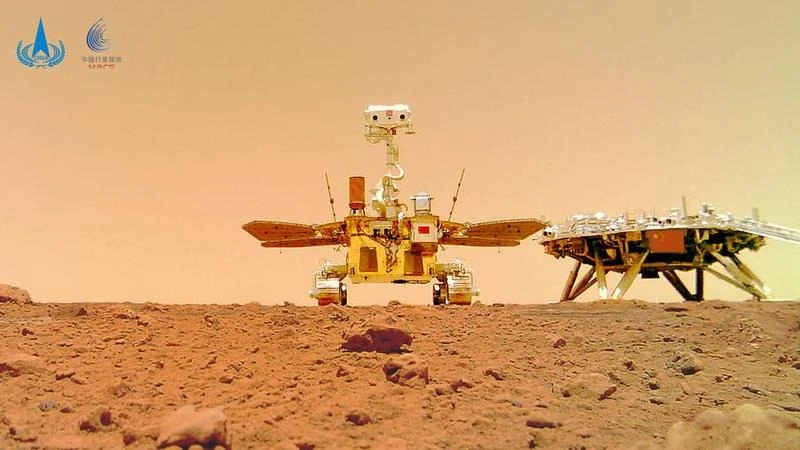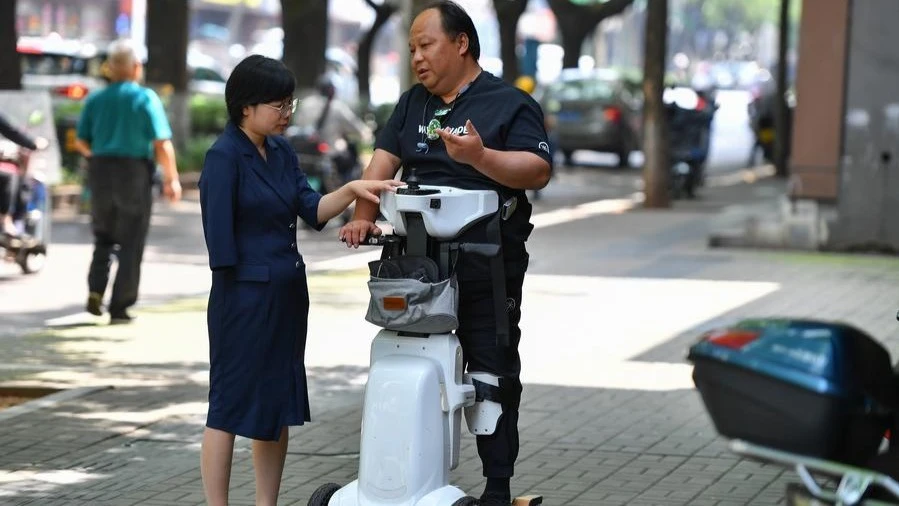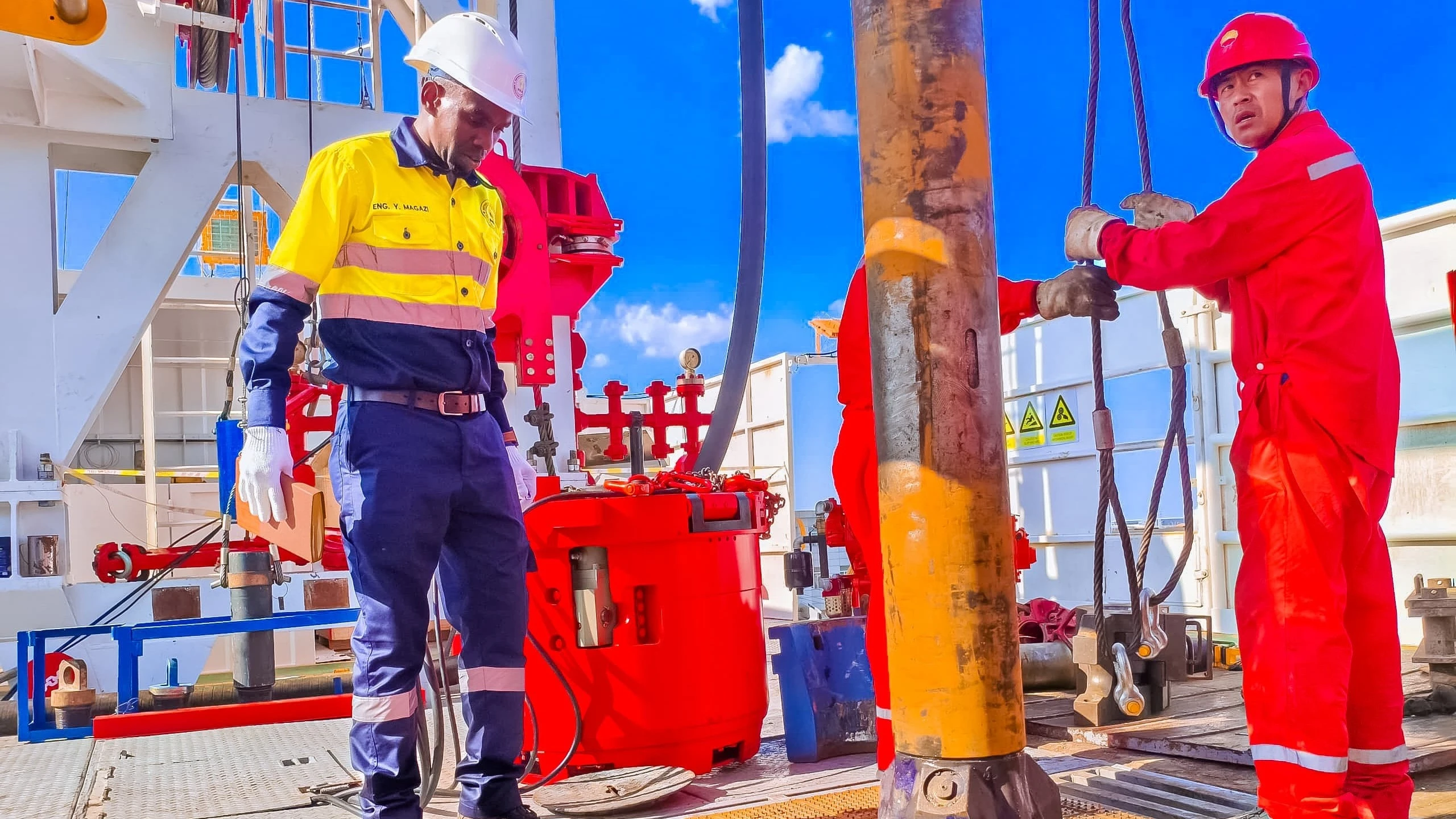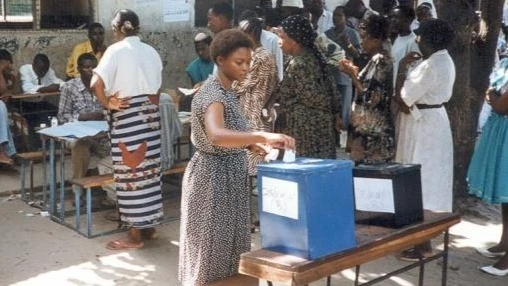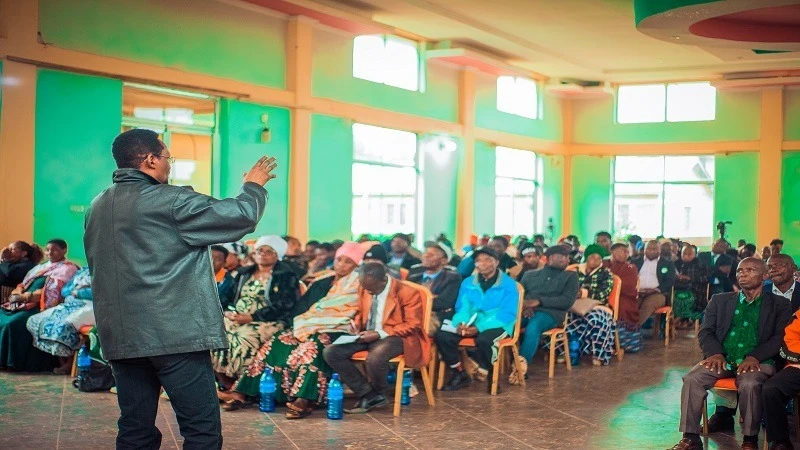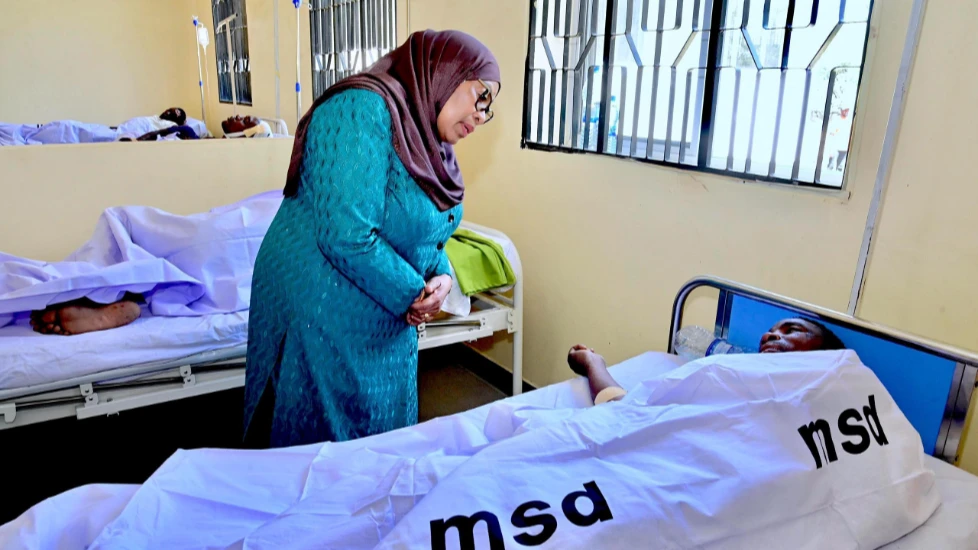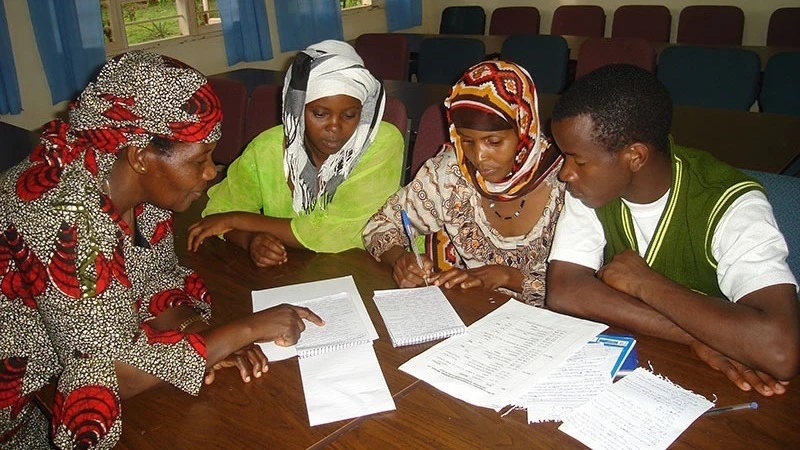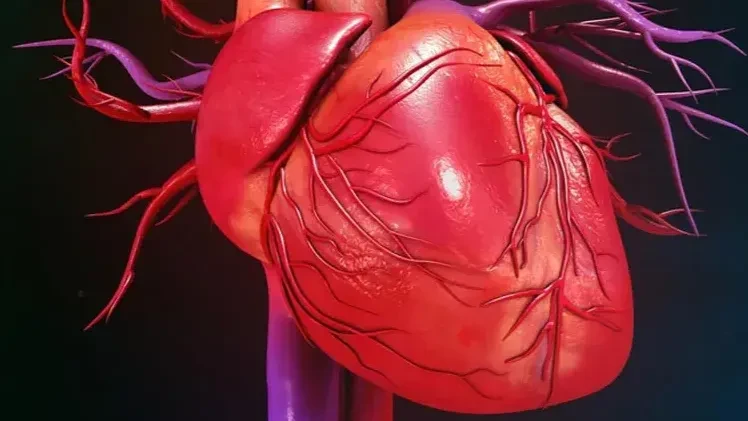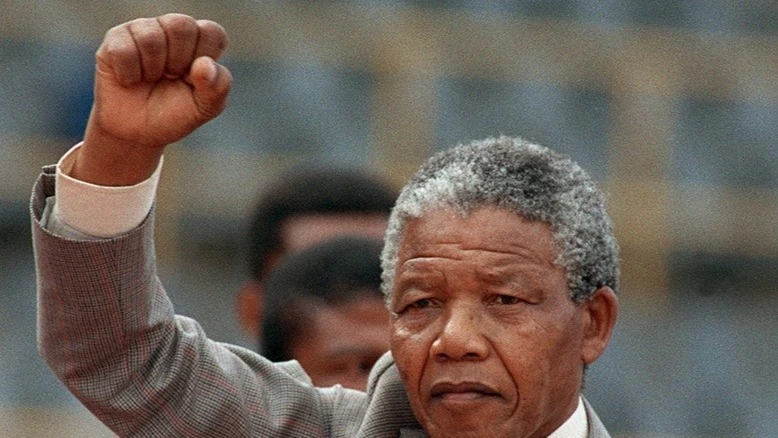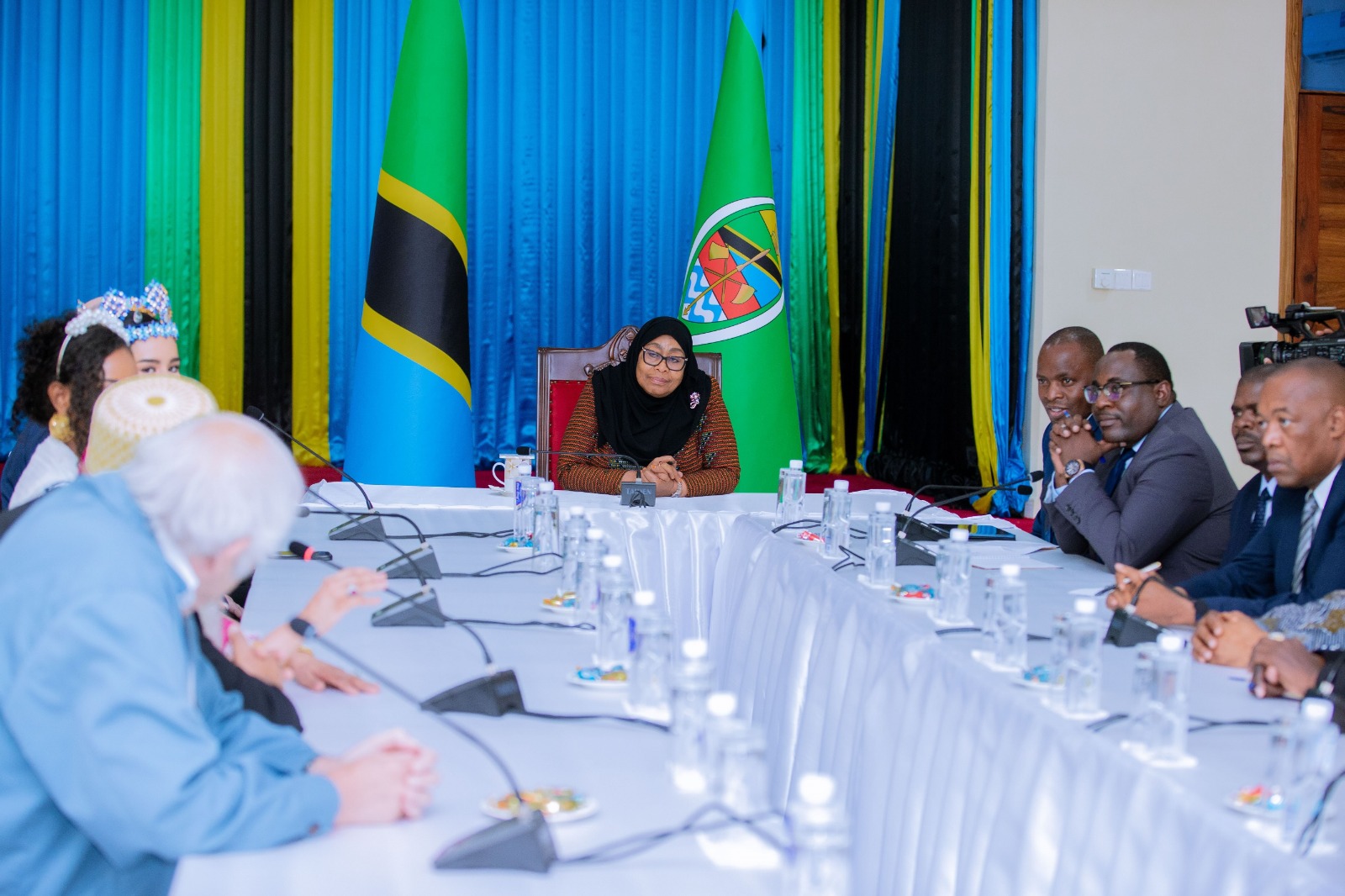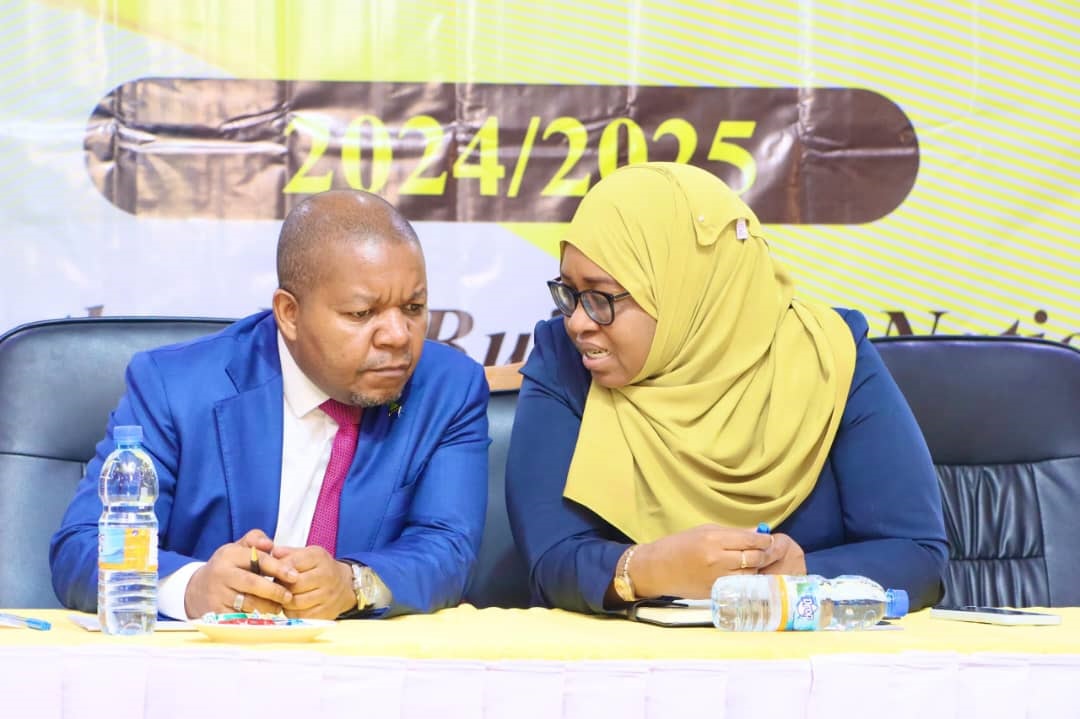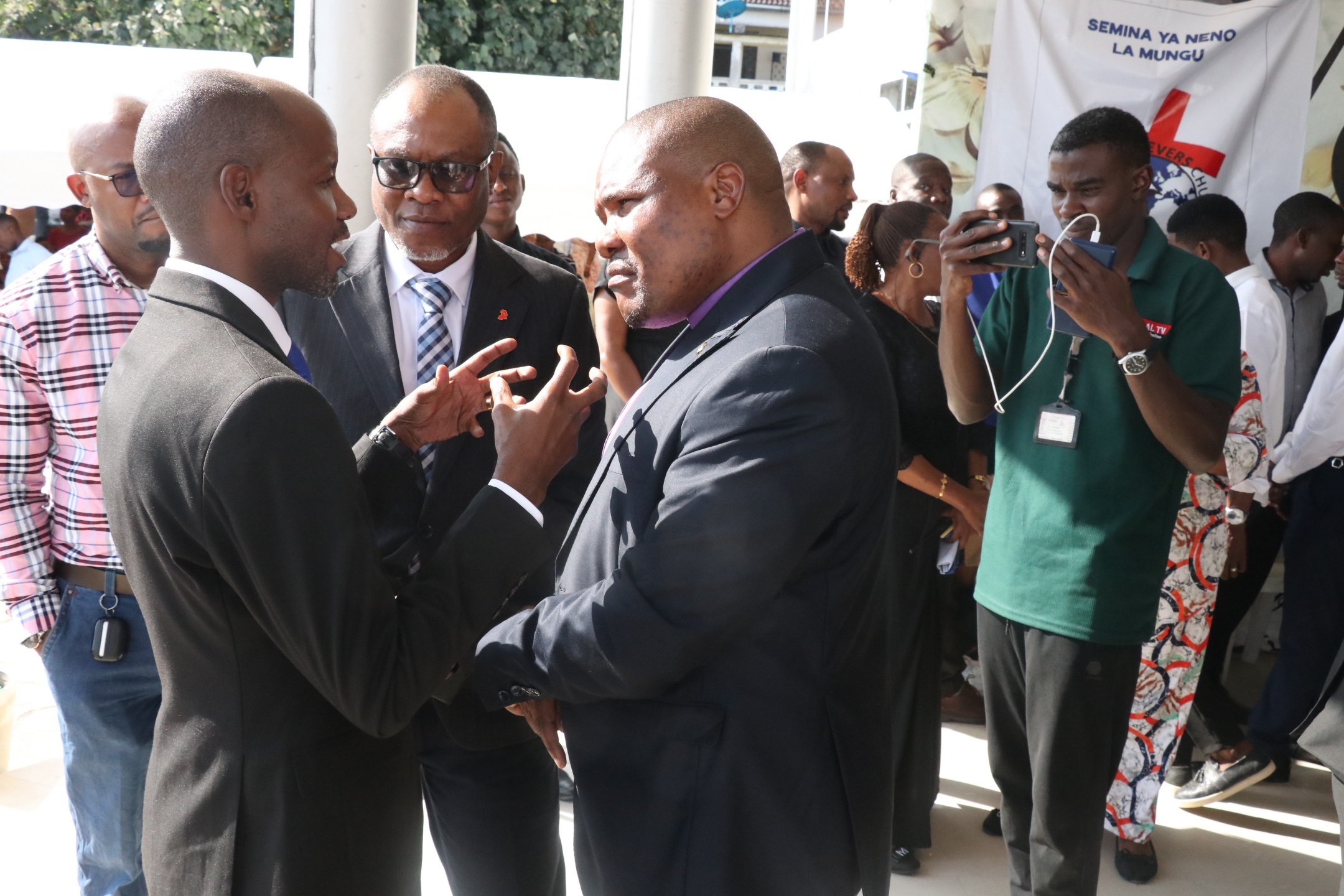Mandela Day: Power to end poverty, inequality ‘is within us’
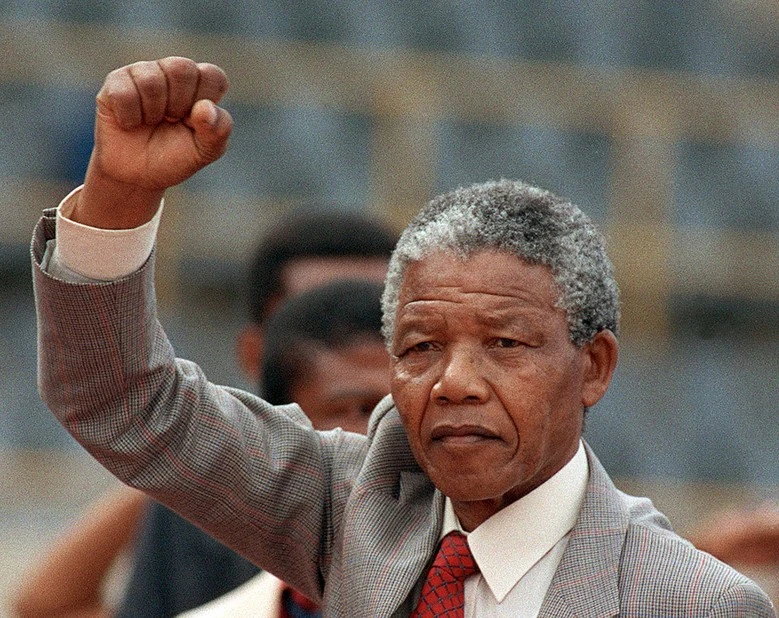
ON Friday, Tanzania joins other countries across the world to mark Nelson Mandela International Day (Mandela Day) observed each year on July 18, which corresponds to his birthday, July 18, 1918.
This year’s theme “The power to end poverty, and inequality is in all our hands” speaks volumes to Africa’s situation.
Global Multidimensional Poverty Index (MDI, 2024), which presents data from 112 countries, covering 1,359 subnational regions, shows that 1.1 billion of 6.3 billion people live in acute multidimensional poverty (face multiple deprivations), over half them being children aged below 18 years (584 million).
That is 83.2 per cent of the world’s 1.1 billion multidimensionally poor people live in sub-Saharan Africa, and South Asia. While sub-Saharan Africa has 553 million people living in poverty, South Asia has 402 million.
The Commitment to Reducing Inequality Index (CRI, 2024), which assesses the commitment of 164 countries and regions to fighting inequality, suggests that all bottom performers in the CRI 2024 are in sub-Saharan Africa, where also the top 10 per cent of wage earners gobble up two thirds of all labour income, while the bottom 50 per cent takes just 3.3 per cent.
According to Global Peace Index (GPI, 2025), sub-Saharan Africa is the region with the most countries engaged in external conflicts, with 35 of 43 countries involved in conflict in 2025, a significant increase from just seven in 2008. This is without mentioning the debt crisis. UNCTAD’s World of Debt Report 2025 shows that between 2021 and 2023, Africa spent $70 per capita on interest payments–significantly more than the $63 per capita it spent on education, and the $44 per capita on public health. This puts Mandela Day’s theme in context.
Mandela, who was born at Mvezo Village in Eastern Cape (Transkei), South Africa, on July 18, 1918, died in Houghton, Johannesburg, on December 5, 2013, aged 95 years. His father was Nkosi Mphakanyiswa Gadla Mandela (Gadla Henry Mphakanyiswa) of Tembu Tribe, and his mother Nonqaphi Fanny Nosekeni.
He became President of South Africa on May 10, 1994 to 1999. One of his famous quotes reads: “We were expected to destroy one another and ourselves collectively in the worst racial conflagration. Instead, we as a people chose the path of negotiation, compromise and peaceful settlement. Instead of hatred and revenge, we chose reconciliation and nation-building.” Mandela is also quoted to have said “As long as poverty, injustice and gross inequality persist in our world, none of us can truly rest.”
In the recognition of his dedication to the service of South Africans and humanity, his staunch promotion and support of human rights and reconciliation, and the wellbeing of poor and marginalised communities, the UN General Assembly during its 42nd plenary meeting on November 10, 2009 designated July 18 as Nelson Mandela International Day to be observed each year starting in 2010.
As the world celebrates Mandela Day, the United Nations Nelson Rolihlahla Mandela Prize recognises the achievements of individuals who have dedicated their lives to the service of humanity guided by the purposes and principles of the UN, while honouring and paying homage to Mandela's exceptional life and legacy of reconciliation, political transition and social transformation.
The prize is awarded every five years since 2015 to two individuals whose work reflects Mandela’s legacy of leadership, humility, service, and unity across borders. This year’s award recipients were selected from 331 nominations received for candidates in 66 UN member states.
Canadian social worker Brenda Reynolds, and Kenyan entrepreneur Kennedy Odede, selected by the UN Selection Committee, will today be awarded the “2025 UN Mandela Prize”.
UN Secretary-General António Guterres is expected to present the award to them. “This year’s Mandela prize winners embody the spirit of unity and possibility – reminding us how we all have the power to shape stronger communities and a better world,” Mr Guterres is quoted to have said.
UN General Assembly President Philemon Yang congratulates the 2025 United Nations Nelson Mandela Prize recipients. He is reported to have said that their prestigious award not only honours the enduring legacy of Mandela, but also reaffirms the power of multilateralism embodied by the tireless efforts of the two recipients.
He commends the Selection Committee for the 2025 Nelson Mandela Prize for the work done.
It is reported that Ms Reynolds played a key role in the largest to date court-ordered Indian Residential Schools Settlement Agreement. “Her leadership helped establish the Indian Residential School Resolution Health Support Programme — a national, culturally grounded mental health initiative. The Resolution Health Support workers became the first trauma responders to the Indian residential school survivors, their families and Canadians.” The programme is renowned for its contributions to healing and post-traumatic growth.
Mr Odede is Founder and Chief Executive Officer (CEO) at Shining Hope for Communities (SHOFCO), Kenya's largest grassroots movement, and one of Africa's most esteemed social entrepreneurs and community organisers. “He is best known for his award-winning work to transform the lives of slum residents and direct resources and decision-making power to local community organisations.”
At the age of 10, he became a street-child and lived in the Kibera Slum for 23 years during which he experienced abject poverty, and recognised that people sought something different for themselves, their families and their communities. Through earning $1 for 10 hours of work at a factory, he was able to save 20 cents to buy a football he used to bring community members together, and, through that SHOFCO started.
Each year, SHOFCO impacts at least 2.4 million Kenyans by organising and strengthening community groups across 68 sites and fostering partnerships to deliver essential services to support them.
Let Mandela Day inspire us to be agents of justice and peace, reconciliation, heal broken relationships, make this world a better place for us to live in.
Top Headlines
© 2025 IPPMEDIA.COM. ALL RIGHTS RESERVED











